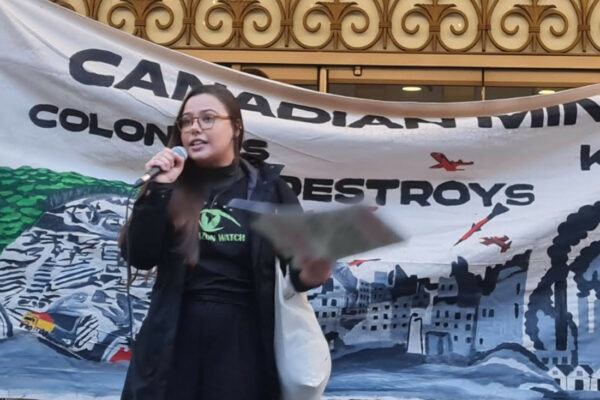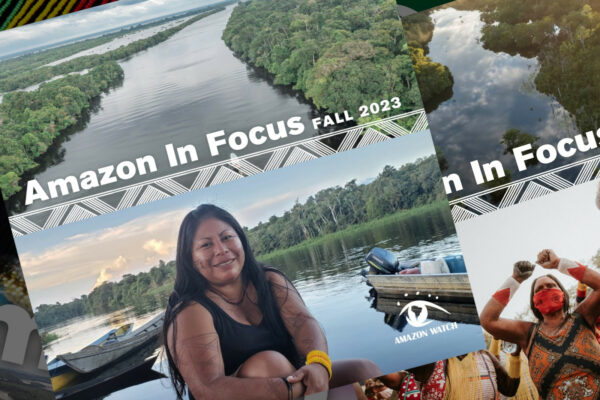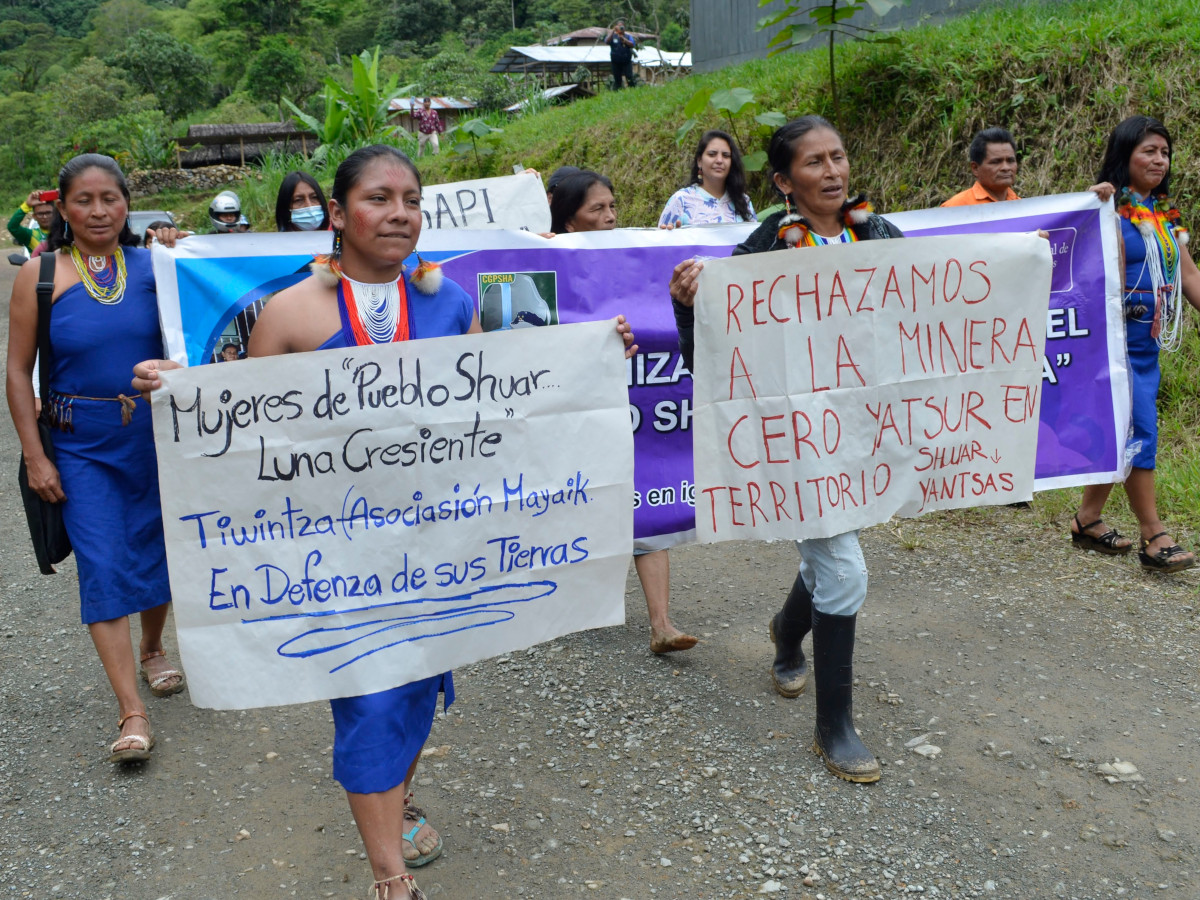Within hours of a deal which ended Ecuador’s worst political unrest in recent memory, thousands of indigenous people – along with student volunteers and local residents – took to the streets of Quito to clean up the city.
Teams worked their way through El Arbolito park, which was still littered with burning tires and paving slabs that had been used as barricades.
Over 12 days of often violent protests, the park had been one of the focal points for thousands of native Ecuadorians who converged on Quito from the Andes and the Amazon.
The demonstrations ended late on Sunday when Ecuador’s president Lenín Moreno agreed to restore fuel subsidies and revoke a controversial IMF-backed austerity package.
The move ended nearly two weeks of upheaval which saw violence, looting and vandalism – as well as a heavy-handed police response which left eight dead, more than 1,300 injured and nearly 1,200 arrested, according to the country’s human rights defender’s office.
The image of Andean and Amazon peoples – many in traditional dress – celebrating the deal was a potent illustration of the strength of Ecuador’s indigenous movement – and a reminder that it has repeatedly helped topple the country’s presidents.
But the deaths of eight protesters, including indigenous leader Inocencio Tucumbi, has made the triumph bittersweet for many.
“I believe that peace triumphed,” said Patricia Gualinga, from the Amazonian Kichwa community of Sarayaku.
“But I feel a knot in my throat about the loss of the lives of indigenous brothers. There is a lot of pain to be healed and the government should be aware of this,” she said.
Just days ago, downtown Quito looked like a war zone: teargas hung in the air, pitched battles between riot police and protesters played out amid blazing roadblocks as explosions reverberated across the city.
While some protesters were hooded troublemakers and armed with sticks and slingshots, others were indigenous women in traditional skirts and trilbies, outraged by Moreno’s decision to end fuel subsidies.
That move caused the price of petrol to spike by a third and the cost of diesel to more than double – in turn, driving up food and transport costs in the country’s dollarised economy.
“The indigenous movement has been a powerful actor in Ecuador since the 1990s,” said Mario Melo, a lawyer who heads the human rights centre at Quito’s Catholic University.
Indigenous protests played a central role in toppling a string of Ecuador’s presidents, including Abdalá Bucaram in 1997, Jamil Mahuad in 2000 and Lucio Gutiérrez in 2005
“It’s the only movement which has the capacity to paralyse the country – and the guts to confront these economic measures,” which, he said, affected the poorest.
But, for all its power, the indigenous movement was unable to stop protests from being hijacked by others intent on sowing chaos.
Jaime Vargas, the leader of the Ecuador’s indigenous confederation Conaie, was at pains to distance his followers from masked men who attacked two TV stations and the main El Comercio newspaper, as well as journalists covering the protests.
Arsonists also targeted the the national auditor’s building.
“It’s extremely curious that it is the only state building which has been totally burnt out,” said foreign minister José Valencia, who noted the building held case files related to charges of alleged corruption against the former president Rafael Correa.
Moreno has accused “dark forces” directed by his predecessor ex-president Rafael Correa and Venezuela’s leader Nicolas Maduro along with “drug traffickers, [and] gangs with violent foreign citizens.” Interior minister María Paula Romo said on Tuesday that 57 foreigners were arrested during the unrest.
Correa, who governed Ecuador between 2007 and 2017 and now lives in Brussels, has denied he was behind the unrest, although he called for Moreno to step down and floated the possibility of running for vice-president in fresh elections.
But the indigenous movement has little affection for Correa, who during his decade in power prohibited protests, jailed indigenous leaders and cracked down on demonstrations against oil drilling and mining on ancestral native territory.
Santiago Basabe, a political scientist at the Latin American Institute of Social Sciences in Quito, said the indigenous movement had strengthened its political capital considerably. But he noted it had been “absolutely intransigent”, leaving the government with no alternative options to restructure massive debts, mostly to China.
Ecuador’s indigenous nationalities represent just a tenth of Ecuador’s population of 16 million yet they have shown they are a political force too strong to be ignored. But their triumph, said Gualinga “had been paid with indigenous lives. Just as in all our history.”













